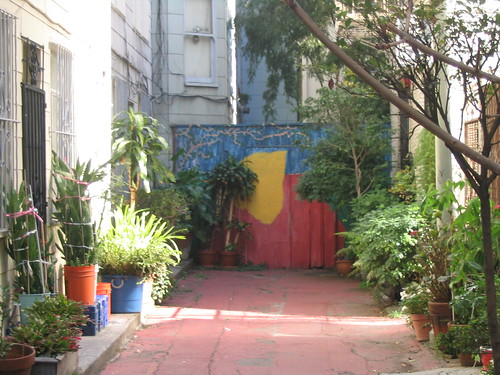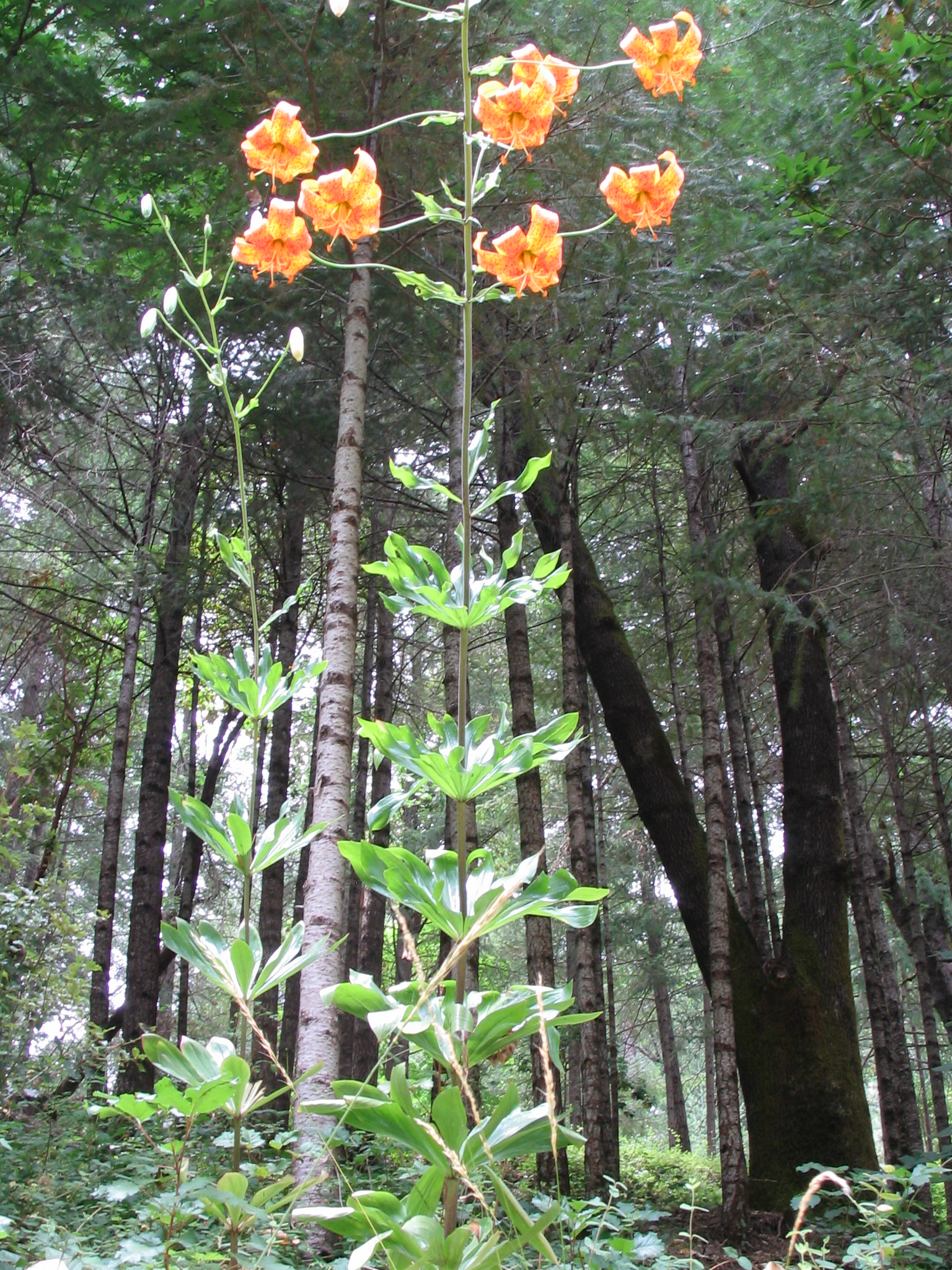 On this first day of spring let’s enjoy the changing season. Here in northern California the sun is shining and hope springs eternal. At the nursery we are selling the cool season vegetable starts, flowers, seed starting trays, and lot’s of seed. The number one question this year from our customers is, are your seed free of GMO? Yes they are. I imagine most folks truly don’t understand GMO’s, but the term and “idea” certainly has caught their interest.
On this first day of spring let’s enjoy the changing season. Here in northern California the sun is shining and hope springs eternal. At the nursery we are selling the cool season vegetable starts, flowers, seed starting trays, and lot’s of seed. The number one question this year from our customers is, are your seed free of GMO? Yes they are. I imagine most folks truly don’t understand GMO’s, but the term and “idea” certainly has caught their interest.
We are in drought here in California, and likely won’t see too much relief rain wise in the near future. Our rainy season is fast coming to a close, and after a few years of drier than expected weather, we will likely see more water restrictions. We are currently in a “Stage 2” water alert. The local water authorities are asking us to cut back 30% on our water usage. It’s doable, and an opportunity for us to teach and guide our customers.
I look forward to being a place where people can come to learn more about how to feed their families, and bring beauty into their lives. While the ornamental side of the business has shrunk over the last few years, the edible side had grown exponentially. We seem to be doing better than in years past, and the customer is engaged in their garden like never before.
So it’s it a positive note that stands above the rest this first day of spring. While there will be challenges going forward, we are entering a new age in horticulture. While not all is shinny and bright in the trades, I have never been happier, or more proud to be a nurseryman. Our goal here is to stay small as possible, while making the largest impact in our world. We can change our world more easily, one customer at a time.
Cheers to spring!







